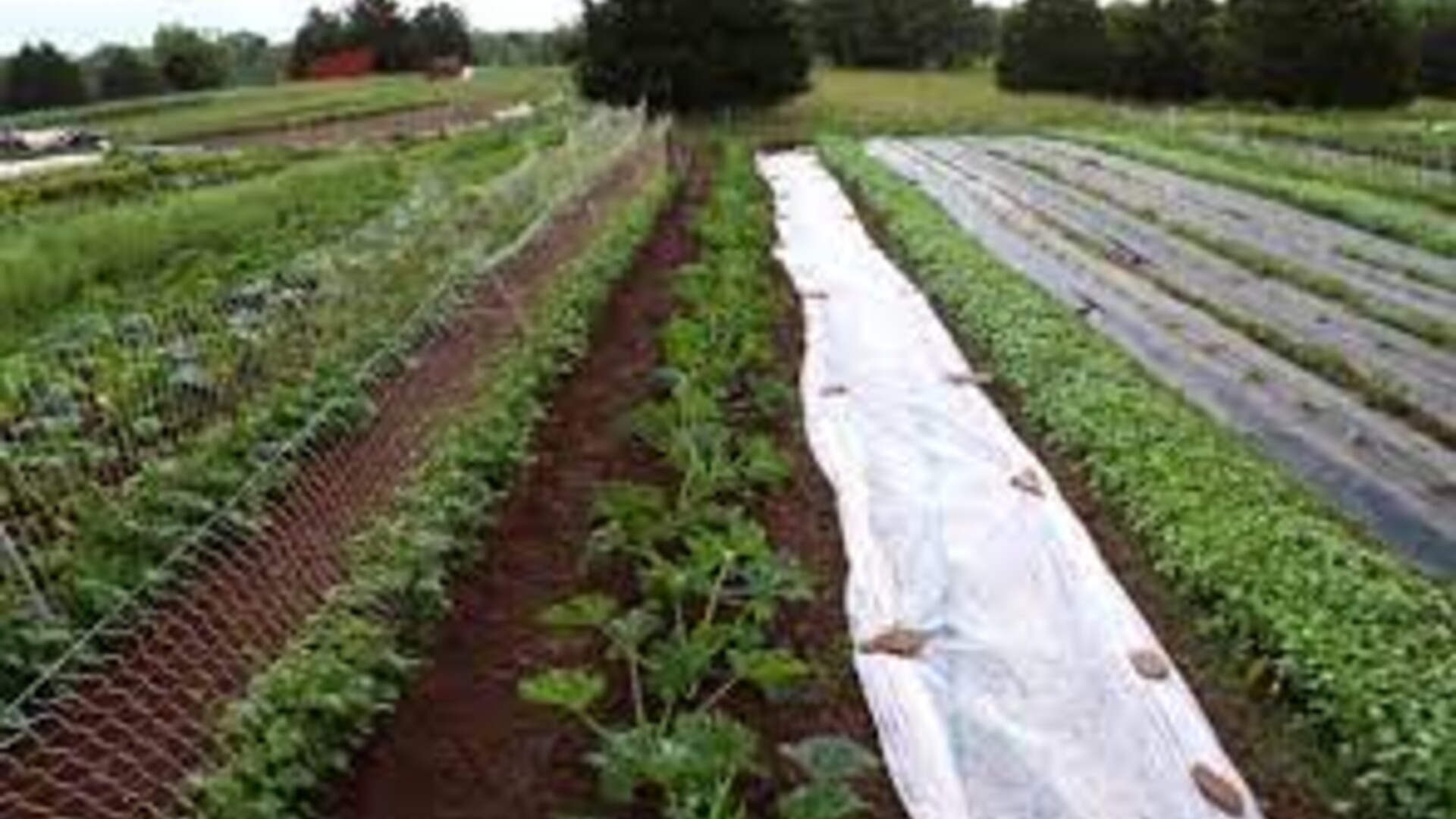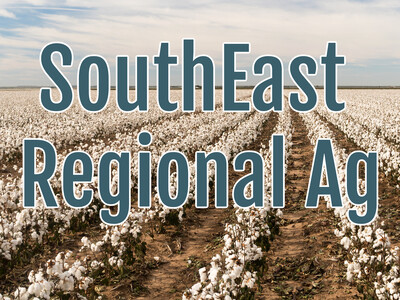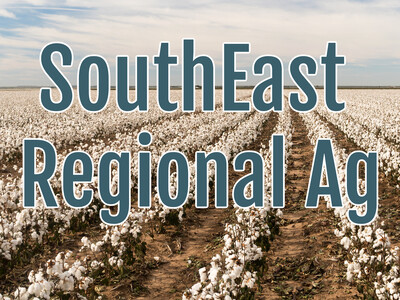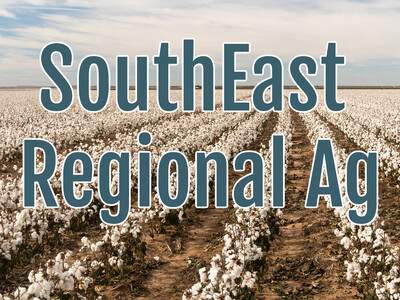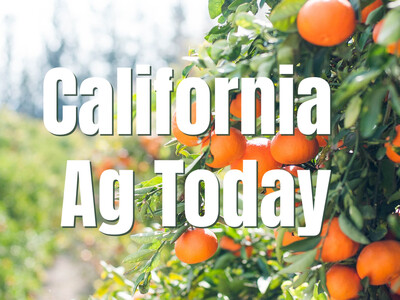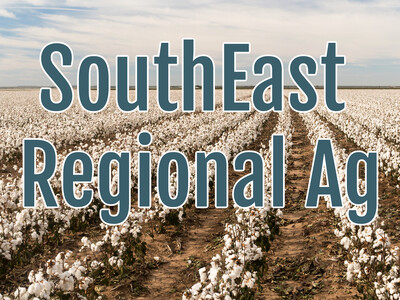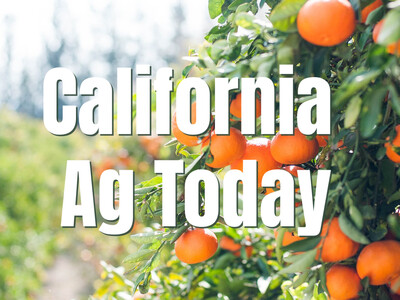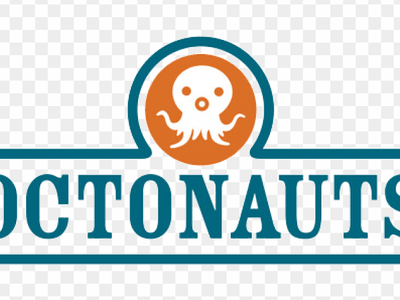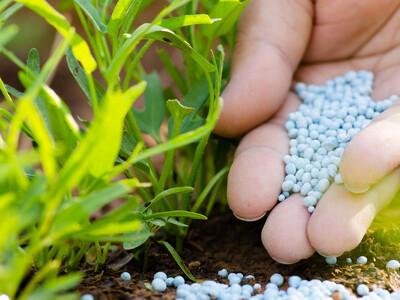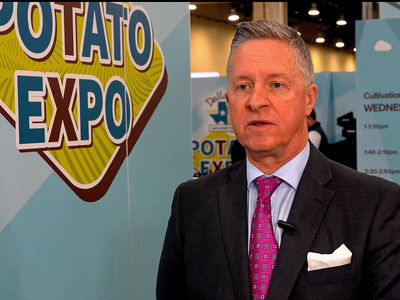Supply Chain Recovery
The demand for organic fruits and vegetables is higher than supply in the southeast according to the Executive Director of the Georgia Organic Peanut Association.
Cooper: “Because there’s not a lot of organic production here, there’s just a limited supply and the difference in that supply is coming from international markets that typically can offer things and a cheaper price and it can be hard to compete with that.
Perri Cooper Executive Director Georgia Organic Peanut Association in Americus, GA
spoke to a recent House Agriculture committee looking at Supply Chain Recovery and Resiliency on small producers and local ag markets.
Cooper: “ It’s been very hard for us to incentivize folks to get certified when we can’t certify the supply chain. There is not a scale-appropriate supply chain and for folks that are scale-appropriate, there’s no incentive or support for them to go through the certification process. You can not grow organic acreage without growing the organic processing that follows or else you just lose that premium and then there’s no incentive.
COVID-19 unveiled weaknesses in agriculture supply chains across the country. Consumers turned to small and local ag producers to fill the gaps but small producers say they were unaware of programs designed to assist them. Others testified that they are limited by the lack of broadband internet service. A new e-commerce based ag businesses rely on consistent broadband. 2 witnesses drove several miles to be online in order to testify.


